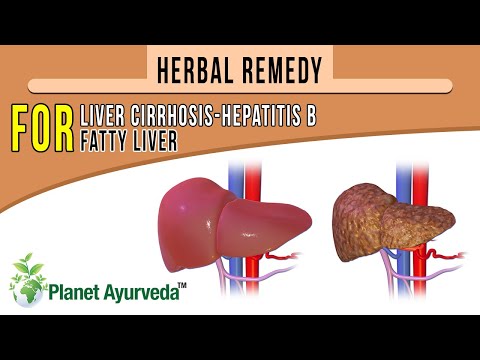
Hepatitis C is a condition that affects the liver, also known as hepatic hepatitis
Hepatitis C is a type of hepatitis caused by the Hepatitis C virus (HCV). Over time, this virus destroys healthy liver cells, causing liver scarring, liver cancer, and liver failure. The good news though is that Hep C can be managed and even cured if proper testing is conducted on an early basis.
The symptoms of Hepatitis C include jaundice, fever, night sweats, loss of appetite, nausea and vomiting, fatigue, abdominal pain, nausea and vomiting, and abdominal discomfort. Some people may experience more serious symptoms such as jaundice, and jaundice. Jaundice is characterized by pale skin with yellow urine and dark brown feces. Jaundice usually begins when there is an excess of bilirubin, a substance found in the blood that purifies and maintains the blood's pH level. Bilirubin is usually excreted from the body through the urine, but may stay in the liver where it reacts with bile to form bilirubin-HCl, a substance that may cause jaundice.
Because there are no definite symptoms of Hepatitis C, some people do not realize they have the condition until it has progressed to cirrhosis. In this condition, cirrhosis of the liver is present and there is no cure. However, with proper medical attention and treatment, most people with cirrhosis will recover and live normal lives.
Hepatitis C is caused when HCV infects a person's blood. When blood reaches the liver, the infection spreads to that organ and the result is cirrhosis of the liver. Hepatitis C is treated through the administration of various medications and medical procedures. Although it is treatable, there is no guarantee of complete cure.
Most patients who suffer from cirrhosis of the liver should undergo several tests to determine if the liver is suffering from serious damage. These tests include blood chemistry, hepatic function tests, liver function tests, and liver biopsy. If there are no symptoms present, the treatment of choice may be a combination of antibiotics and radiation therapy.
To prevent recurrence of the infection, medications that can reduce the level of infection should be taken on a regular basis. This can be done in conjunction with the use of different types of medication, such as antiviral medicines, antibiotics, and non-steroidal anti-inflammatory drugs (NSAIDs). In order to prevent the recurrence of the infection, the patient should take a daily cleansing and detoxification regimen.
There are some people who are at risk for the occurrence of a relapse
This means that they are at high risk for developing cirrhosis because they have had more than one episode of the disease in the past. If a person develops cirrhosis more than five times, he or she is considered to be at high risk. High risk patients should seek medical attention as soon as possible to avoid becoming ill again.
There are a variety of other treatments available for individuals with cirrhosis of the liver, including surgical interventions, hormonal replacement therapy, immunotherapy, and transplantation. However, these can be very expensive and there is no guarantee of complete recovery.
The side effects of the medications prescribed for cirrhosis are severe, so those who have had a prior history of liver failure should consult their doctor before taking any type of medications. If you are considering this option, it is best to discuss this with your doctor as he or she can help you determine if you are healthy enough to handle a Hepatitis C medication.
While the medication is meant to help people suffering from cirrhosis of the liver, it can also be very effective in helping individuals suffering from other forms of liver disease, such as hepatitis B and A. Since it can be so effective in fighting the bacteria that causes the disease, many people have used it to clear up these diseases.
Because of the risks associated with this form of medication, many people choose to use alternate methods in order to prevent the recurrence of the disease. For example, there are natural herbal supplements that have been used to cure the hepatitis C. Herbal supplements work by eliminating the infection and clearing up the liver. Some of the herbs used to treat the infection include: alfalfa leaf, cascara sagrada bark, burdock root, ginkgo, and milk thistle.
Since most herbal supplements do not require a prescription, they are available at local health food stores or online. They are generally safe and are recommended by health care professionals. Since herbs are natural and do not carry side effects, they are easy to take and are also very affordable. They are the safest way to treat Hepatitis C.

